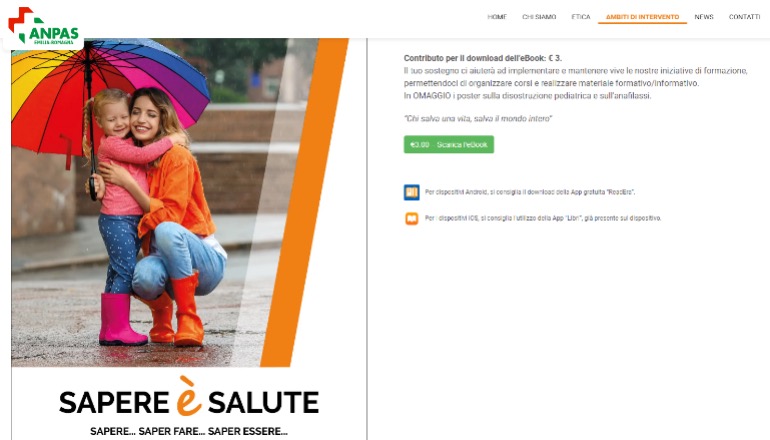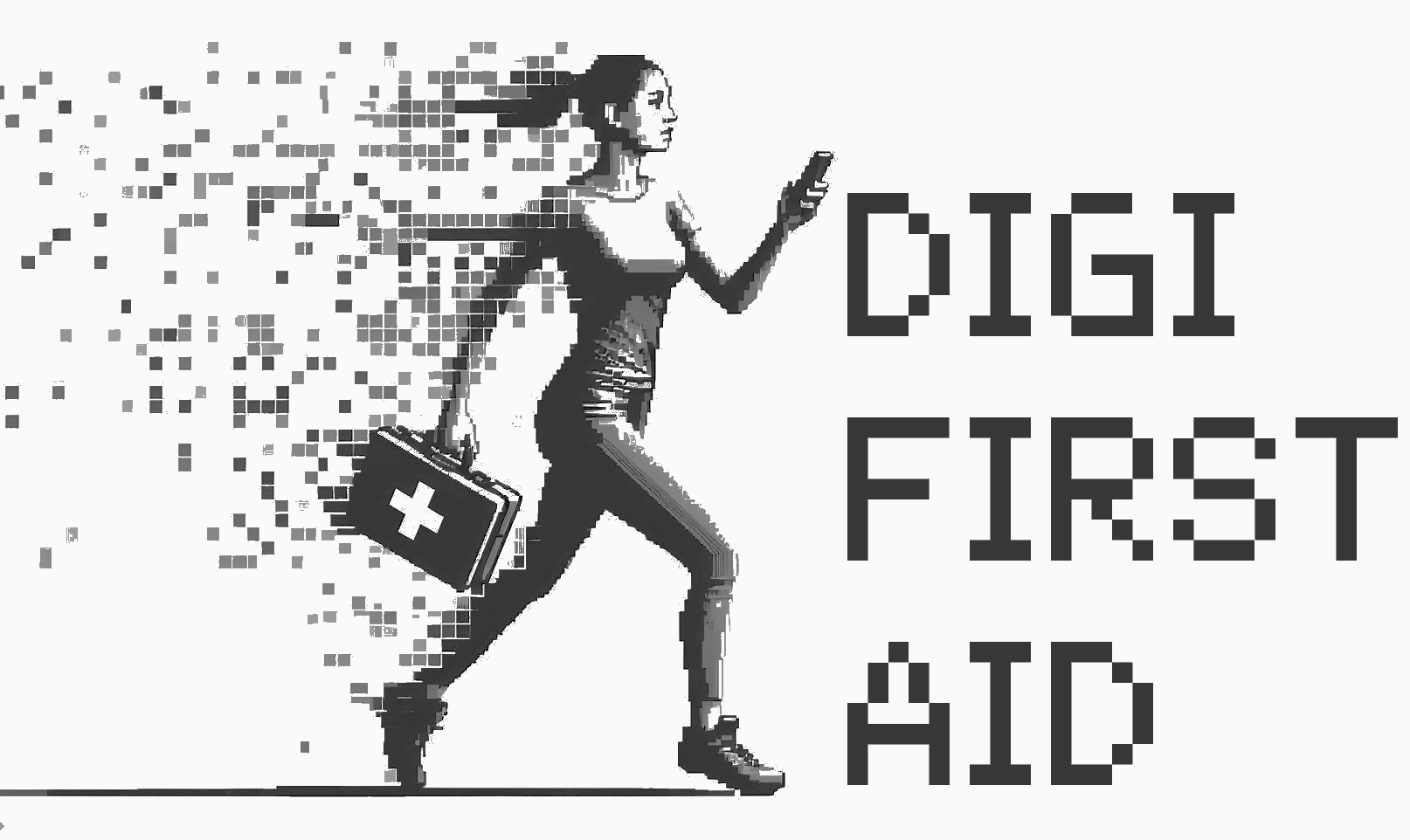Practice report: Three digital training initiatives of ANPAS, Italy
Posted on |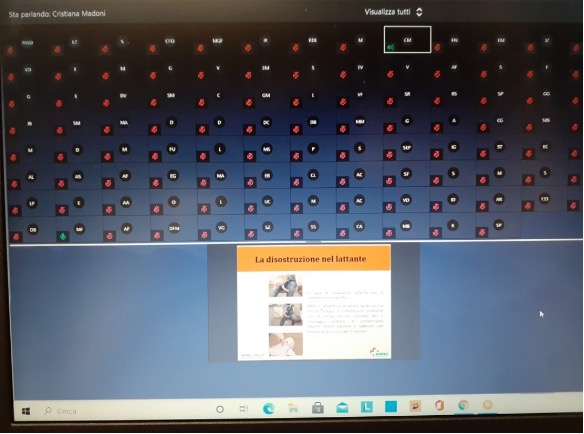
Italian Regions have exclusive competence in the regulation and organization of services and activities intended for health protection within the territories that fall under their administration. This means that every Italian volunteering organization that offers social and health services follows and complies with the regional legal frameworks and local protocols that define the terms of prevention, treatment, urgency and emergency activities, training of volunteers and health workers.
Anpas, a national network formed by 18 regional committees, 936 volunteering associations and over 100,000 volunteers throughout Italy, has decided to promote three digital first aid training practices that were born and promoted inside the Emilia-Romagna Region within the frame of project DIGIFIRSTAID.
The three practices differ in terms of target groups, origins and context, but they are all linked by digital elements.
Online fast training courses prompted by the pandemic
The first project developed during the Covid-19 pandemic breakout, where the traditional face-to-face regional training system proposed by the Emilia-Romagna Anpas committee had to be revised and restructured to contain the spread-out of the infection. The BLS-D courses for non-medical staff (5h), the Theoretical-practical training courses to become volunteers (for emergency service and not) and the Retraining courses (10h for volunteer rescuers, 26h for professional rescuers, 3h for BLS-D every 24 months) were transferred online, thus diverging from the usual practices. Another problem to deal with was that many elderly volunteers had stopped doing transport services during covid because they were afraid to get infected, so Associations quickly needed other people who could replace them: that’s the reason why ANPAS had to find a way to create a fast-training-course. The main adjustments regarded the theoretical part of the health training modules, which migrated to open source or proprietary online platforms, where learners could access specifically designed slides and contents and videos with a narrating voice. In some cases, the theoretical sessions were organized with the presence of Anpas trainers and instructors by means of teleconference.
Exercises and practical tests were kept in presence with the participation of small groups of three or four people.
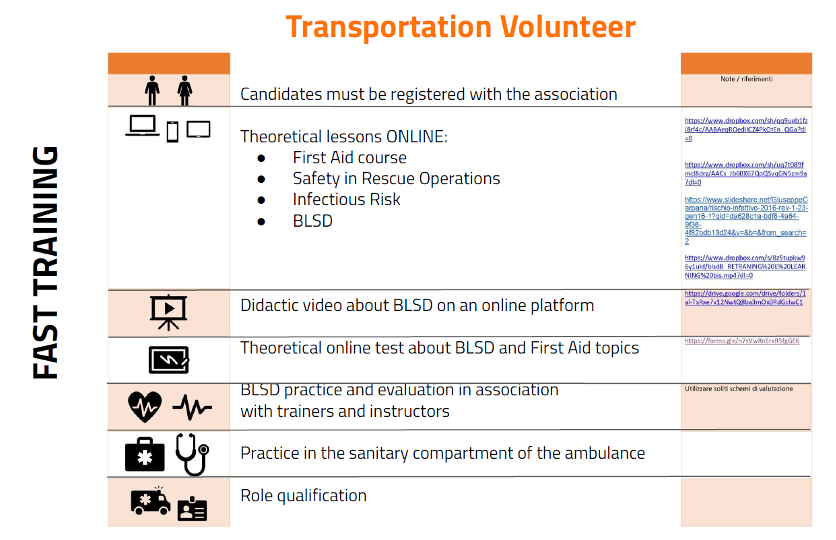
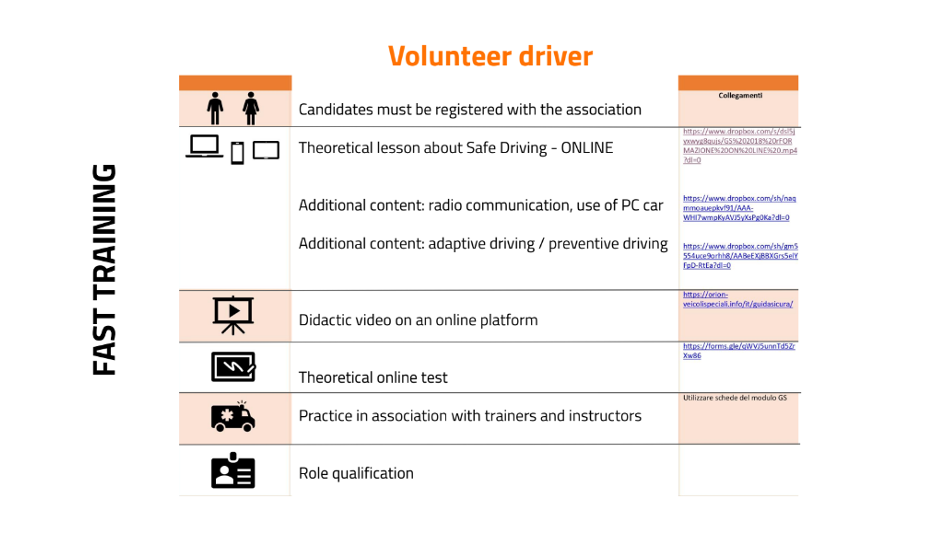
A digital platform for emergency volunteers
Also encouraged by the effects of the pandemic, the Region of Emilia-Romagna developed and funded a joint regional training project among the main Italian volunteering organizations that were active on the front line in dealing with the health emergency from Covid-19 (Anpas, Misericordie and the Italian Red Cross). The pandemic has, in fact, brought out new training needs linked to the need on one hand to enhance the volunteers’ skills in emergency management and pandemic containment, and on the other hand to encourage wide and safe access to training modules by Italian volunteers. Thus, a digital platform was developed with the aim to host a training course that further increased the volunteers’ ability to respond to contagious and epidemiological emergencies in Emilia-Romagna. The online training focused on: methods and techniques for the prevention and containment of SARS-CoV-2 infection, use of personal protective equipment (PPE), relational skills in the management of medical transport in epidemiological emergencies and catastrophic events. The platform is re-enforced annually with new content: BLS-D, Trauma, Safe Driving Courses, etc. In 2022, over 5,000 volunteers have accessed the digital training thanks this new tool.
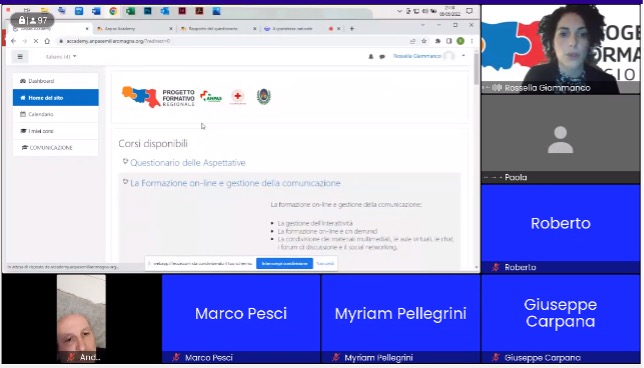
Training for pediatric first aid: Seeing the benefits of expanding educational opportunities beyond in-presence instruction
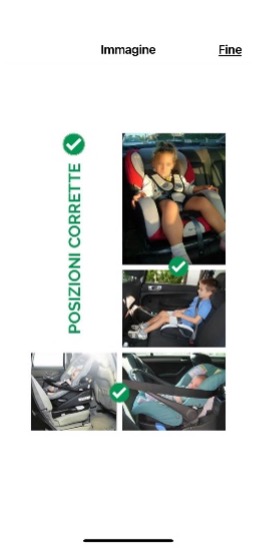
Disengaged from the dynamics connected to the Covid-19 emergency – yet developed during the pandemic period – is the “Sapere è Salute” project (literally translates to knowledge is health). The training initiative helps to increase the level of knowledge in adults and educators in pediatric first aid, and to increase awareness levels to face the first stages and moments of an emergency. The key elements of the course: identification of the type of emergency (trauma, suffocation, allergic reactions, etc.), execution of the right rescue maneuvers and activation of the rescue chain. The project started in the pre-pandemic era, evolving in a contained way within the network of Anpas volunteering associations of the regional territory through courses based on three face-to-face lessons. The pandemic was an opportunity for the organizers to exploit the potential of remote communication systems and to relaunch and promote this project on a large scale to a wider audience than could previously reached. At the end of 2021, the digital training of “Sapere è Salute” has released positive results on a national scale: 137 trainers in Emilia-Romagna, 135 citizens and 555 trained school operators. The most surprising result of the project was also the creation of a training manual for learning how to deal with pediatric emergencies, also available in an e-book version (521 manuals released).
